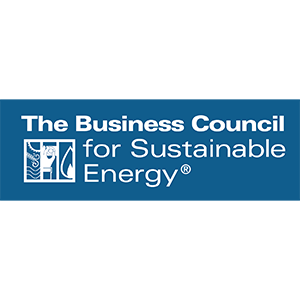Active Efficiency and the Collaborative
Active Efficiency is a key enabler for creating an equitable, adaptable,
and decarbonized energy system.
As energy efficiency enters the digital age, we must coalesce around a shared vision that integrates well-established energy efficiency approaches with the capabilities of smart and connected technologies, distributed energy resources, and key decarbonization strategies.
Active Efficiency Collaborative Structure
Steering Committee
The Steering Committee oversees the Collaborative. Comprised of corporate executives, policymakers, and non-governmental thought leaders, the Steering Committee has the collective capacity to ignite market transformation. The responsibilities of the Steering Committee are to:
- Convene quarterly to establish and review Collaborative priorities, projects, and future avenues for engagement.
- Guide and approve deliverables generated by the Collaborative’s Working Teams.
- Promote the work of the Collaborative through a variety of platforms, including marketing materials, events, and/or as a spokesperson.
Active Efficiency Working Teams
The Steering Committee is supported by Active Efficiency Working Teams, which complete projects designed to advance the Collaborative’s focus areas. The Working Teams meet every four to six weeks to produce specific deliverables (e.g., workshops, roundtables, policy roadmaps, white papers) that promote Active Efficiency in policy, programs, and markets. Working Team focus areas are determined by the Steering Committee each year. The 2021 focus areas include:
- Market Scale-up Team focuses on mechanisms that accelerate the scale-up of Active Efficiency opportunities, specifically looking at demand flexibility. This is a standing committee for 2021.
- Policy Advisory Team aims to identify a set of actionable policy recommendations that reflect the Collaborative’s priorities and advance Active Efficiency. The Team will convene in the first half of 2021.
- Equity Team focuses on establishing concrete strategies to ensure the scale-up of Active Efficiency produce equitable outcomes. The Team’s work will cut across the Collaborative’s other workstreams.
- Smart Buildings Team concentrates on reviewing existing mechanisms for incentivizing smart buildings and exploring synergies for driving market demand. The Team will convene in the second half of 2021 and will coordinate with the Market Scale-up Team.
- Marketing & Branding Team focuses on establishing a campaign to publicize and communicate the Active Efficiency framework and its insights, driving adoption of the concept, participation in the initiative, and deployment of its recommended policies and programs. The Team’s work will cut across the Collaborative’s other workstreams.
The Working Team members include representatives from the following organizations:
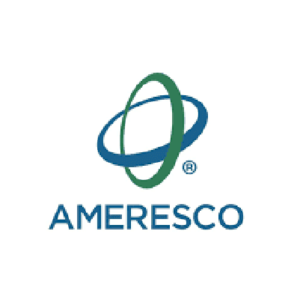
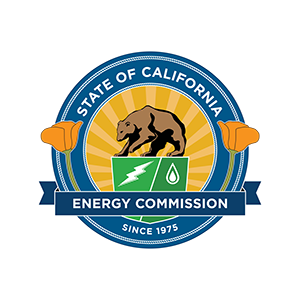
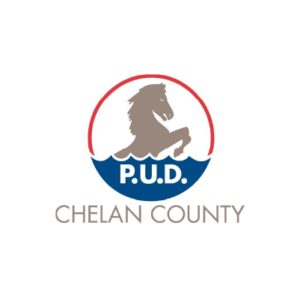
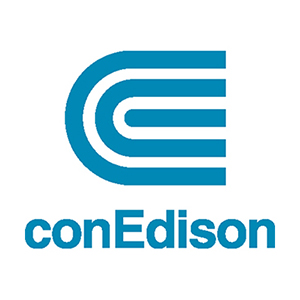
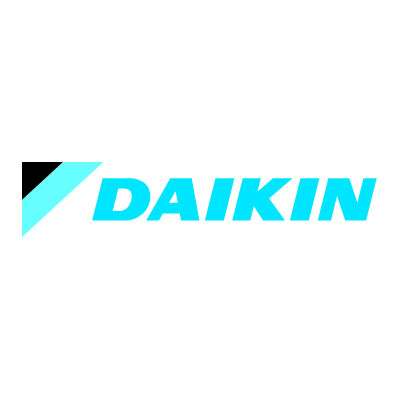
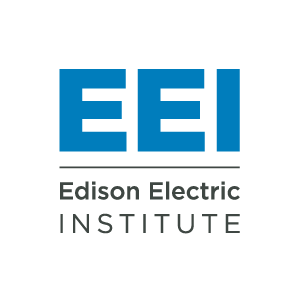
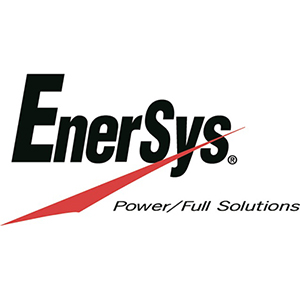

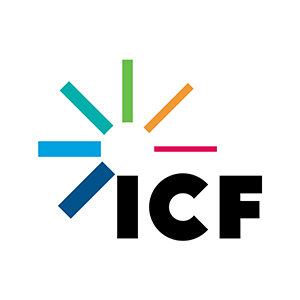

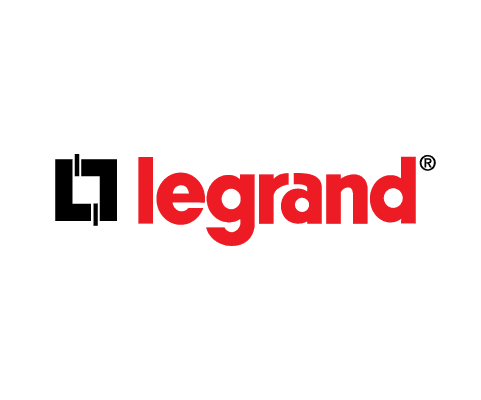
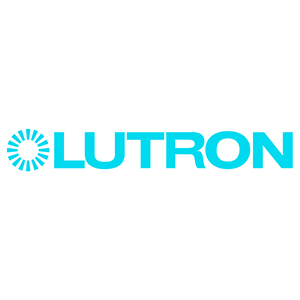

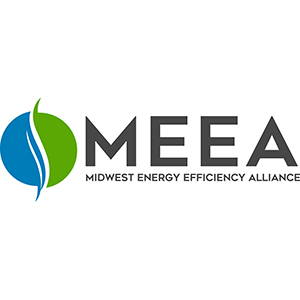


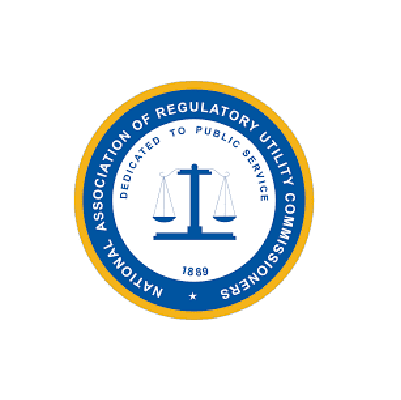

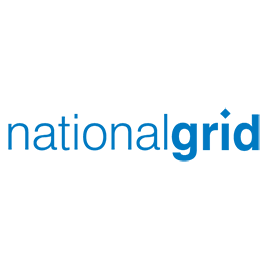


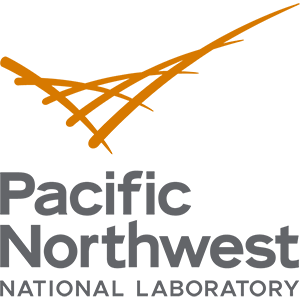
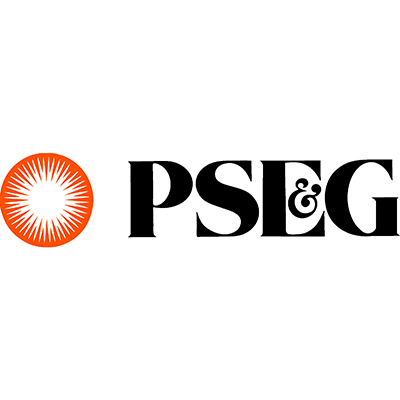
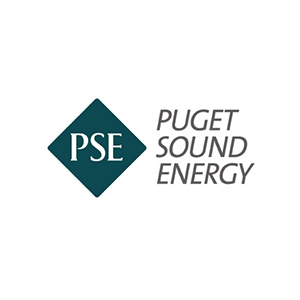
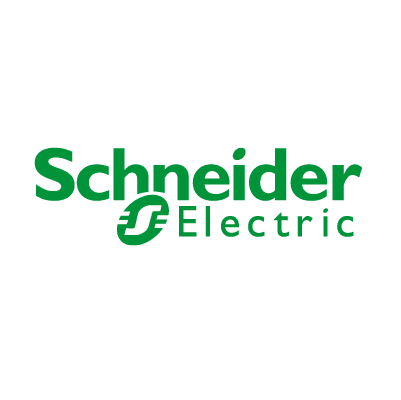
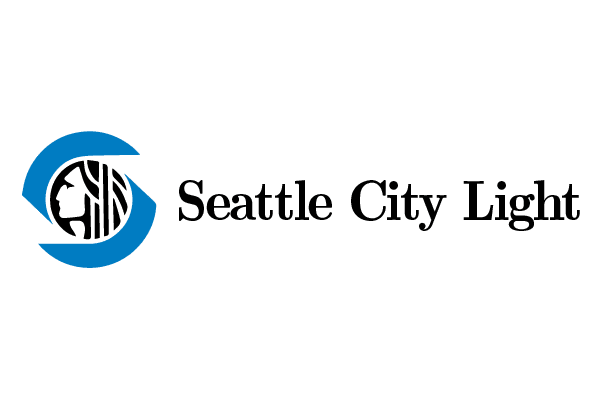
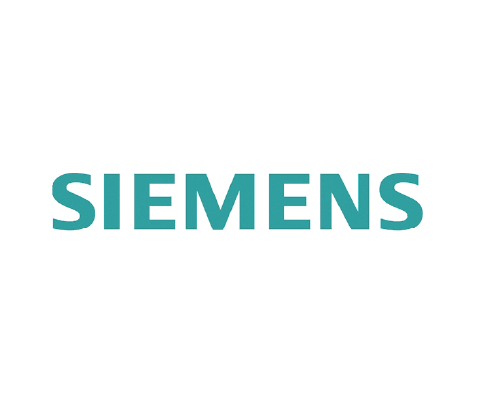

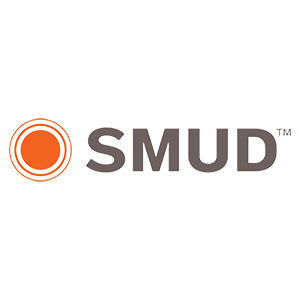
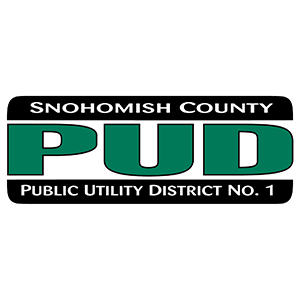
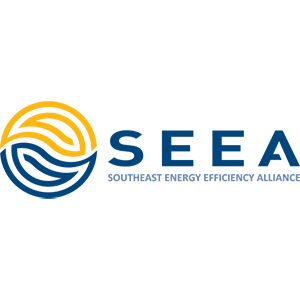
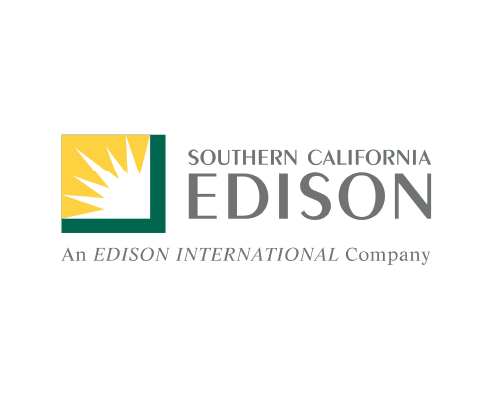
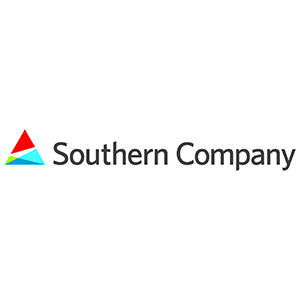

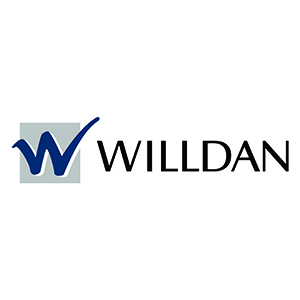
Partners
Partners are supporting organizations invited by the Alliance to help raise awareness of the Collaborative and its deliverables through their respective communications platforms (e.g., newsletters, blogs, social media, events). Partners receive Alliance benefits including, but not limited to, acknowledgement of their Partner status and invitations to Collaborative events.
Active Efficiency Partners include the following organizations:
